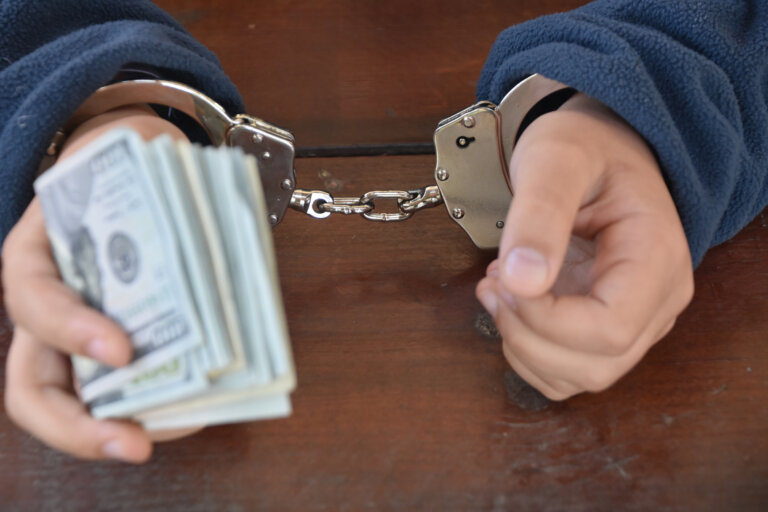If you or a loved one has been arrested in Florida, the bail process can feel overwhelming and confusing. You might wonder how bail amounts are determined, what options are available, and how to secure a timely release from custody. Here, we break down the essentials of the bail system, offering practical advice on understanding bail amounts, exploring bail bond options, and securing release. This information can help you take the right steps during a challenging time.
Understanding Bail in Florida
Bail is a fundamental part of the criminal justice system in Florida, serving as a financial guarantee that the accused will return for their court dates. When bail is set, the defendant or their family must decide how to meet this requirement to secure release. Here are the main types of bail:
- Cash Bail: Paying the full bail amount in cash to the court, which is refundable upon meeting court obligations.
- Surety Bond: A bail bond agent posts bail on behalf of the defendant for a non-refundable fee. Collateral may be required.
- Own Recognizance (OR) Release: The defendant is released based on a promise to appear in court without financial payment. This is typically granted for minor offenses or individuals with strong community ties.
Determining Bail Amounts
Judges in Florida determine bail amounts based on several factors. The severity of the alleged crime significantly influences the bail amount, with more serious offenses typically resulting in higher bail. The defendant’s criminal history is also considered; a history of prior offenses can lead to increased bail. Additionally, judges assess the risk of the defendant fleeing before trial and their ties to the community, such as family, employment, and residence stability. Bail schedules provide guidelines, but judges can adjust amounts based on individual circumstances. Effective legal representation can advocate for a fair and reasonable bail amount tailored to the situation.
Bail Bond Options
When bail is set, different options exist to secure release from custody. Cash bail involves paying the full amount set by the court, which is refundable once all court obligations are met. However, this can be financially burdensome for many families. Bail bonds offer an alternative. A bail bond agent, or bondsman, posts bail on behalf of the defendant in exchange for a non-refundable fee, typically 10-15% of the total bail amount. This fee is considered a premium for the service provided. Collateral, such as property or other assets, may be required to secure the bond. Choosing a reputable bail bond agent is important, as they play a crucial role in ensuring timely release. The bail bond agent assumes responsibility for the defendant’s appearance in court. If the defendant fails to appear, the agent can take action to locate and return them to custody.
The Bail Hearing Process
The bail hearing process in Florida involves a judge reviewing the details of the case and determining the appropriate bail amount. During the hearing, both the defense and prosecution can present arguments regarding bail. The judge considers factors such as the severity of the offense, the defendant’s criminal history, and the risk of flight. Family members and loved ones can attend to show support. Legal representation is essential, as attorneys can advocate for a lower bail amount and favorable conditions.
Securing Release from Custody
Securing release from custody in Florida involves several key steps after bail is set. If opting for cash bail, the full amount must be paid directly to the court. For bail bonds, a licensed bail bond agent can post bail on behalf of the defendant for a fee. Required paperwork must be completed accurately to avoid delays. Timely payment or arrangement with a bail bond agent expedites the release process. Legal guidance during this process can help navigate complexities and avoid common pitfalls.
Post-Release Considerations
After securing release, the defendant must adhere to all conditions set by the court. These may include regular check-ins with a pretrial officer, travel restrictions, and abstaining from certain activities or contact with specific individuals. Compliance with these conditions ensures that the defendant remains in good standing and avoids re-arrest. It’s also important to prepare for upcoming court dates by staying informed and in close contact with your legal representative.
Following all legal requirements helps maintain the terms of release and contributes to a favorable outcome in the pending case.
Support with the Bail Process
At Van Elswyk Law, we provide comprehensive support throughout the bail process in Sarasota, ensuring you understand each step and making it as smooth as possible. Let us advocate for a fair bail amount and guide you through securing release. Contact us today for a consultation and personalized assistance.

